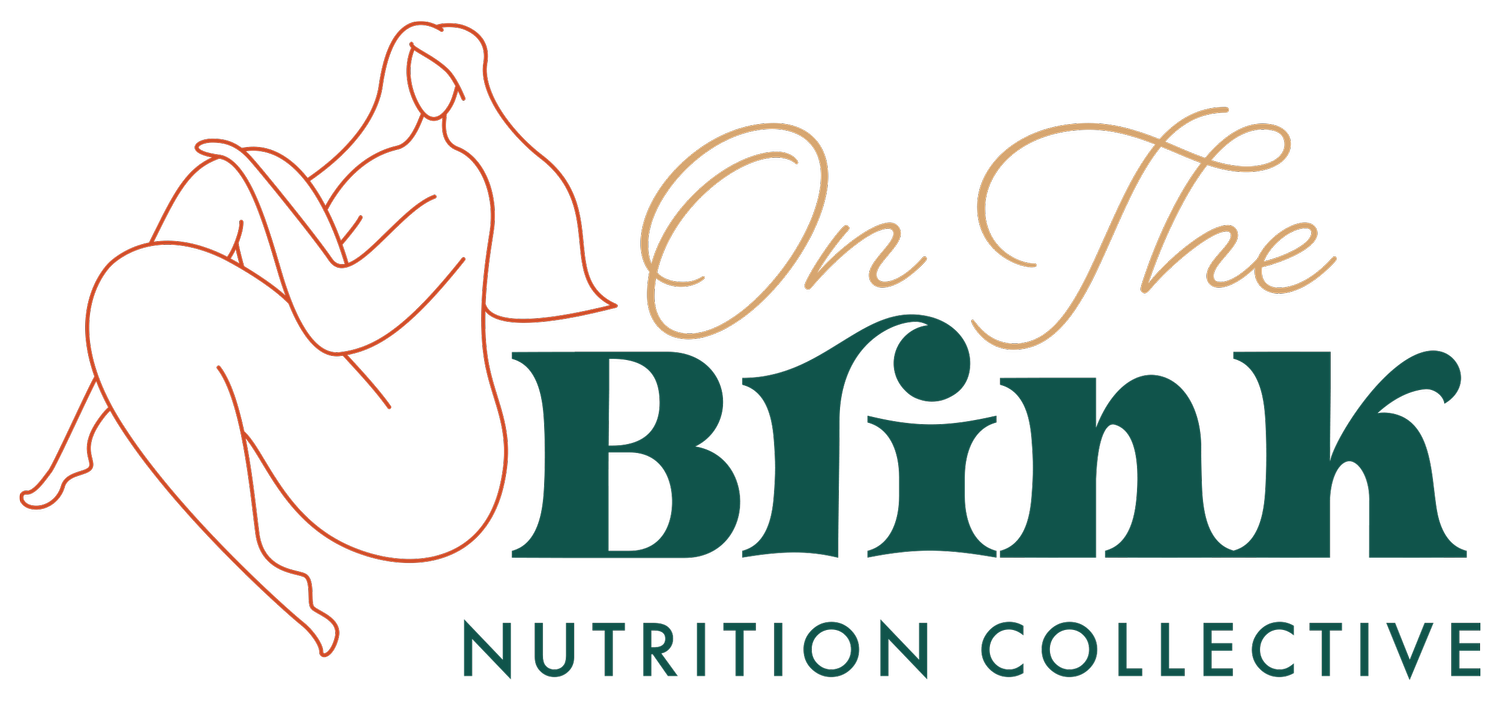Body Shamed By A Medical Provider: A Dietetic Student's Story
The following blog post was contributed by a guest author: Julianne Brauer.
At the time of publication, Julianne attends Northern Arizona University in Flagstaff, Arizona as a grad student pursuing her Masters degree in Public Health and Nutrition. She has worked with me (Liz) in the Telehealth Clinical Nutrition rotation of her dietetics internship.
The experience she describes is uniquely her own, but, unfortunately, not uncommon.
My psychiatrist body shamed me because she couldn’t see the bigger picture
As the COVID-19 Pandemic became rampant in March of 2020, my routine like everyone’s changed drastically due to the stay-at-home orders. During the first few months I used food as a coping mechanism to deal with the anxiety and uncertainty of what the pandemic would bring.
Fast forward three months to June, 2020.
I had my annual phone visit with my psychiatrist. She asked how my anxiety and depression were and began to go through her usual list of questions. Of course, she asked me if I had gained any weight. I said yes because I had. Her response to this was “what happened miss nutritionist?” sarcastically, like she thought it was funny. I remember being totally shocked by this comment. Not only was it unprofessional, but she also dehumanized me. Like many other healthcare practitioners do, she shifted the blame of this outcome on me, like it was my fault that I gained weight. Maybe it partially was, but what she did was discount all the other factors responsible for my health that may be out of my control.
As an individual that is working to become a healthcare professional, I have had the experience of interacting with clients for the first time through my dietetic internship. I have been trained in the non-diet approach and highly believe in this, but as I began to work with clients, I noticed how many individuals think that they have complete control over their health outcomes. This belief comes from American society’s philosophy on health, which is referred to as healthism. Healthism is the idea that individuals alone are responsible for their health and that their health outcomes are their fault. As mentioned earlier, this idea discards factors that are responsible for our health that are out of our control. This includes genetics and the political structures in which we live in.
We can’t completely control our genetics and we certainly cant control the political structures in which we live.
Political structures play a much larger role in our health than we realize. Privilege often determines who has access to what resources which, affects one’s ability to care for themselves appropriately. Usually the more privilege one has, the more resources one has access to and the less likely one is to experience discrimination from healthcare providers.
My story regarding weight gain during the pandemic does not involve political structures or privilege. This is not the case for everyone though. The idea that I’m trying to get across is that often healthcare providers play the blame game without understanding their patient’s whole stories. This blame game can make individuals feel defeated and alone in their journey of health, which is the opposite of what healthcare providers are supposed to do. These experiences can harm patients mentally, emotionally, and physically.
As a soon to be healthcare provider, my goal is to understand my patient’s stories and remind them that there are many other factors that contribute to health outcomes.
I want to serve as a safe space and a resource in their journey of health and help them feel empowered. My experience with my psychiatrist has also inspired me to educate other health professionals on the topic of healthism and how practicing that way overlooks the political structures and privilege that play a crucial role in health.
